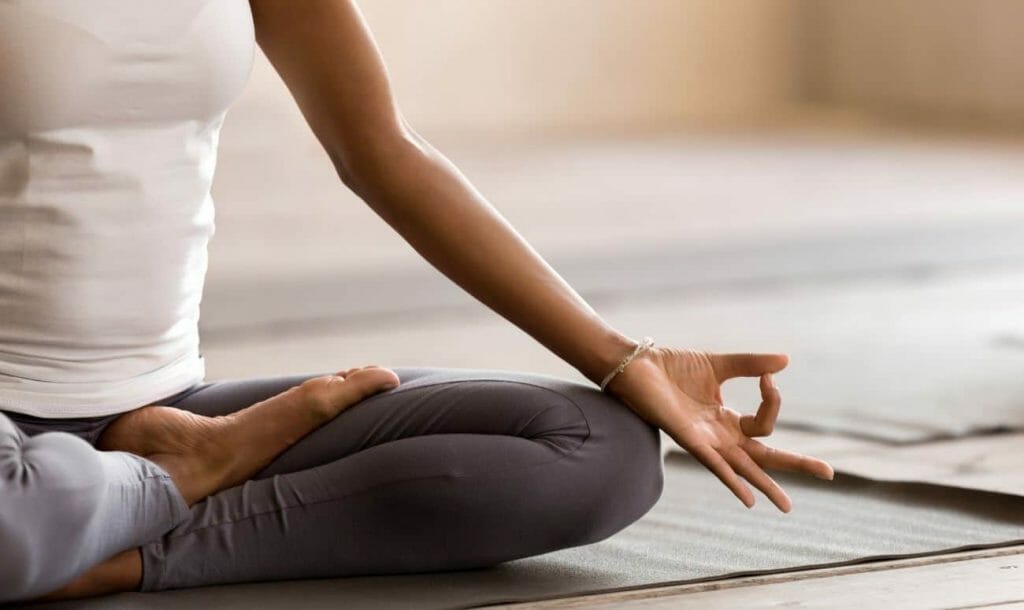Do you feel that you don’t possess enough mental strength to go through everyday hurdles? Or do you feel that your resiliency to deal with everyday things is decreasing? What’s important to understand that it is only normal to feel like that; what isn’t normal is the fact that you don’t acknowledge it and work towards strengthening your mind.
Why does your mental health matter so much? Why should you take so much care of it?
Your mental health is your ability and capacity to navigate through your day-to-day problems and hurdles in the most efficient way. If your mental strength is low, it will affect your motivation levels; meaning your efficiency is compromised.
There are a few factors that affect your mental strength in a substantial manner. These factors are intrinsic and extrinsic.
Intrinsic factors are those which come from within. Concepts such as self-esteem, self-reflection, and motivation are all shaped through your childhood which may or may not have flaws when you become adults. If your self-esteem is broken it is going to affect your confidence which will show poorly among your peers. Low motivation is often linked to low productivity and dull moods.
Extrinsic factors include aspects of psychological skills training and physical training. You learn a lot through physical training, and a lot of times break down too. This is something you acquire or encounter as you experience various emotions over the training period. Observation is an important tool within the extrinsic factors.
Practicing mindfulness meditation for ten minutes a day improves concentration and the ability to keep information active in one’s mind, a function known as “working memory.” The brain achieves this by becoming more efficient, literally requiring fewer brain resources to do these tasks.
The whole idea is to practice these meditation exercises daily. Similar to physical exercises, you have to practice your mental exercises on a daily basis.
Here are some guidelines that you can follow to make your meditation experience better:
STEP 1: Find the right position
First thing would involve you to find the most comfortable position to meditate in; preferably sitting. Look for a spot that is quiet, peaceful and in a well-lit area.
STEP 2: Introspect freely
Speak to yourself. How your day was, how you felt throughout the day, Believe in yourself. You know yourself the best.
STEP 3: Breathe deeply at regular intervals
Taking deep breaths will help you calm down. Take deep breaths in slow inhalations and exhalations. As you sit and relax yourself keep inhaling and exhaling to feel better.
You can listen to this guided meditation to feel better.
Take some time off and let your body recharge.
Read more: An Easy Guide To Building A Zero-Waste Kitchen
Like & Follow ThinkRight.me on Facebook, Instagram, and Telegram to stay connected.






























